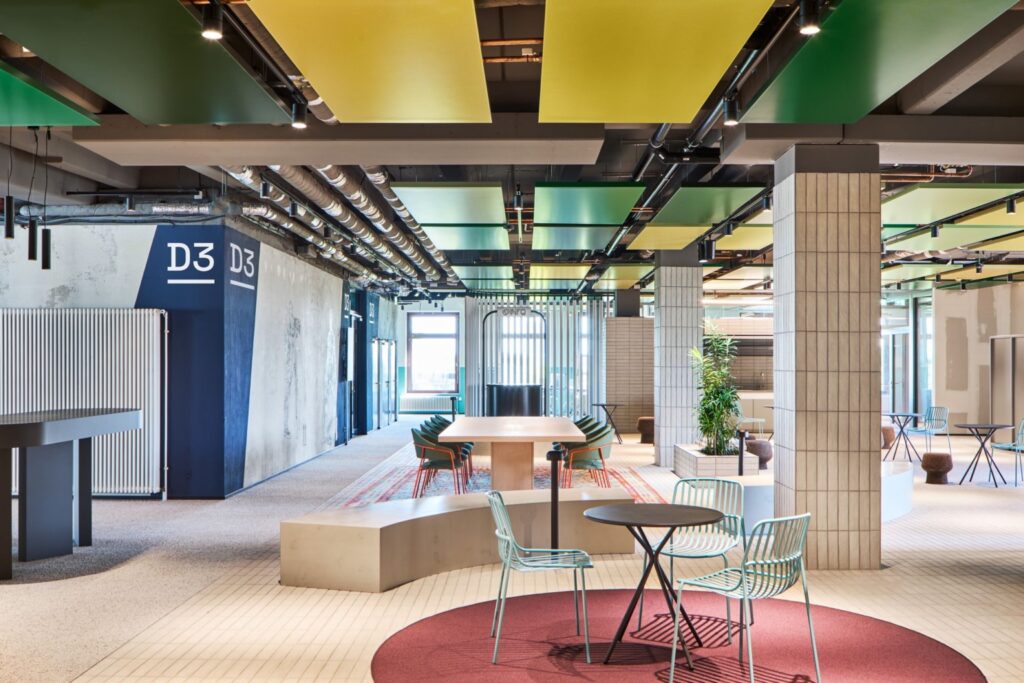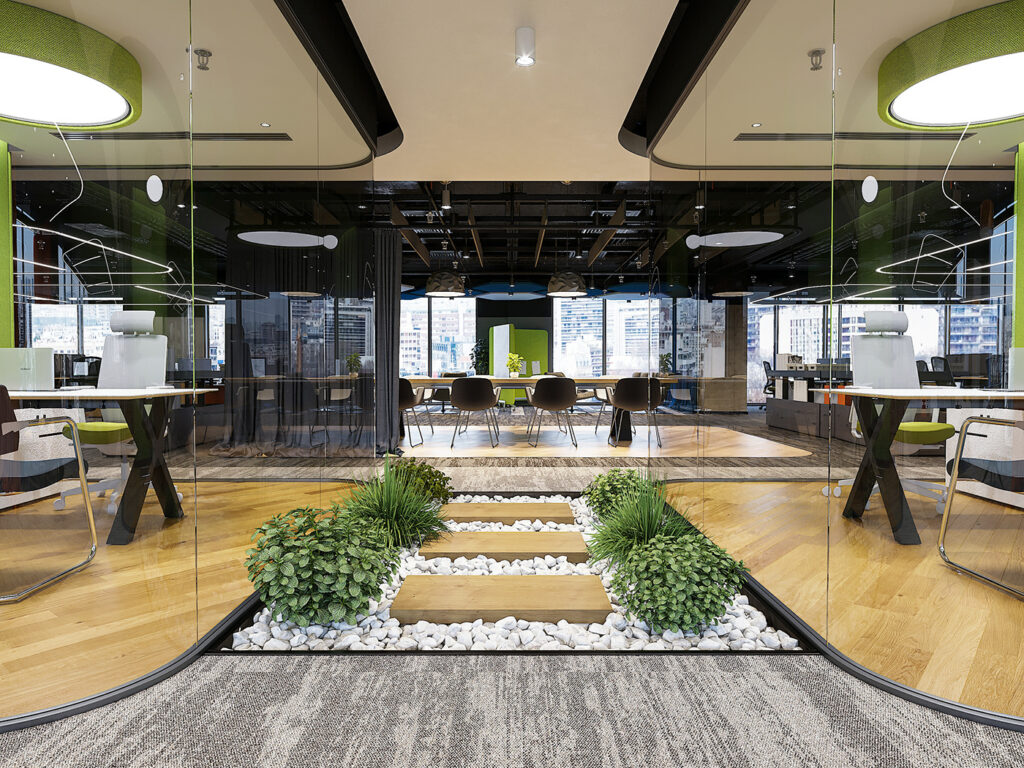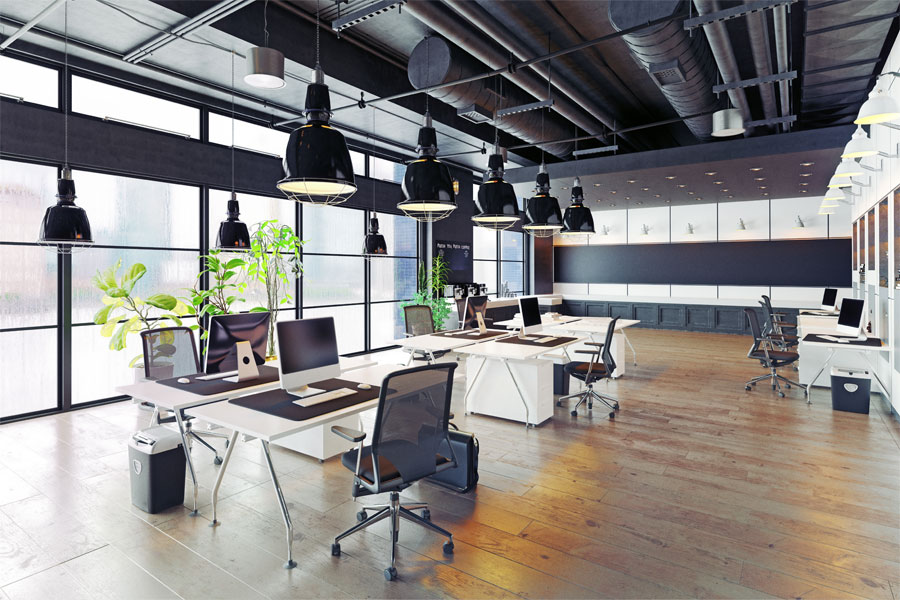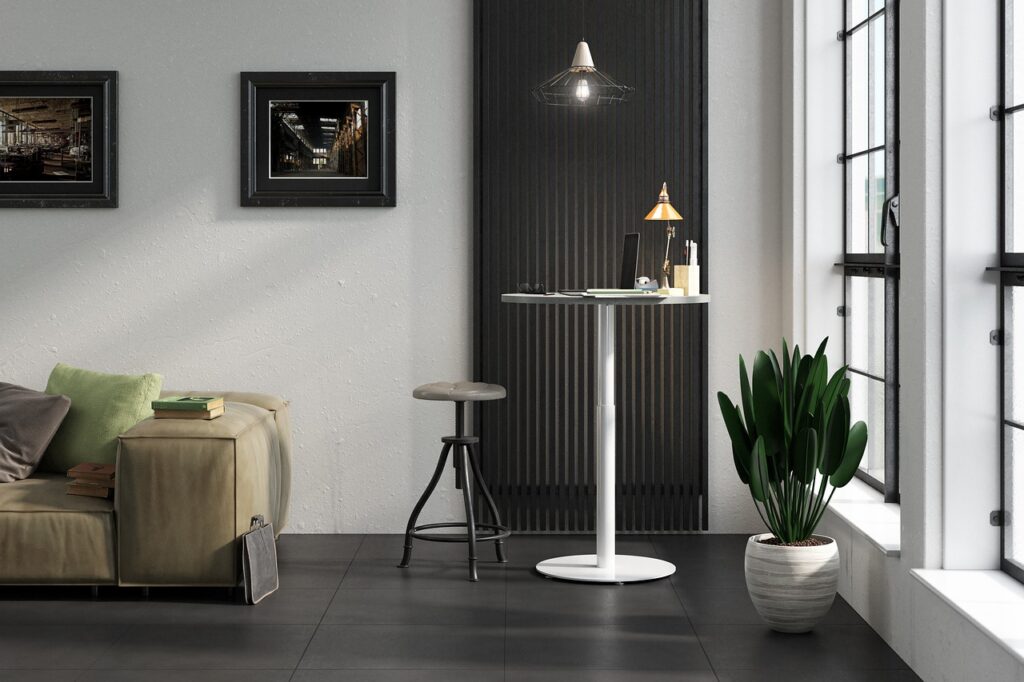Introduction: The Big Office Dilemma
For every startup founder, one of the first big decisions is choosing the right workplace. Should you invest in a traditional office lease or go for the flexibility of a co-working space? Both options come with advantages and challenges—and the right choice depends on your business stage, culture, and growth plans.
This blog compares the two models so you can make an informed decision for 2025 and beyond.
1. Cost Considerations – Fixed vs. Flexible
- Traditional Offices usually require long-term leases (3–9 years in India) and heavy upfront investment in interiors, furniture, and utilities. For bootstrapped startups, this can tie up valuable capital.
- Coworking Spaces, on the other hand, operate on a subscription or pay-as-you-go model. You only pay for what you use, with utilities, internet, and maintenance included.
👉 For early-stage founders, coworking is often 40–60% cheaper in the first year compared to setting up a traditional office.
2. Flexibility and Scalability
- Traditional Offices: If your team grows quickly, scaling up means finding a new location, negotiating another lease, and repeating the interior setup.
- Coworking: You can upgrade from a hot desk to private cabins or full suites without changing your address—making it seamless for fast-scaling startups.
Key Insight: In a fast-moving startup environment, flexibility is often more valuable than fixed assets.
3. Networking and Community Access
One of the biggest advantages of coworking spaces is the built-in community of like-minded entrepreneurs, freelancers, and investors. This can lead to:
- Business collaborations
- Access to mentors and talent
- Community-driven events and learning
In contrast, a traditional office is private and isolated, which might be better for businesses requiring confidentiality but limits networking opportunities.
4. Branding and Culture Fit
- Traditional Offices: Offer the chance to build a strong, branded environment that fully reflects your company’s culture. From wall graphics to custom layouts, the office becomes part of your brand identity.
- Coworking: While modern coworking operators allow some degree of customization, branding opportunities are more limited.
If branding and culture-building are top priorities, a traditional office may have the edge.
5. Employee Experience
- Coworking: Access to modern amenities like gyms, breakout zones, cafes, and community events can boost employee satisfaction, especially for younger teams.
- Traditional Offices: Comfort and amenities depend on how much you invest in interiors and design. Without conscious planning, employee experience can suffer.
Conclusion – Which One Is Right for You?
- Choose Coworking if: You’re an early-stage startup, want to keep costs flexible, and value networking and scalability.
- Choose Traditional Office if: You’re scaling past 50+ employees, want complete brand control, and are ready for long-term investment.
For many founders, the ideal path is starting in coworking and gradually transitioning to a custom-built traditional office as the business matures.
Call-to-Action
At AirBrick Infra, we help startups and enterprises design offices that balance cost, flexibility, and culture. Whether you’re exploring coworking or planning a traditional setup, our team can create spaces that evolve with your business.
📩 Get in touch today to plan your perfect workspace.





